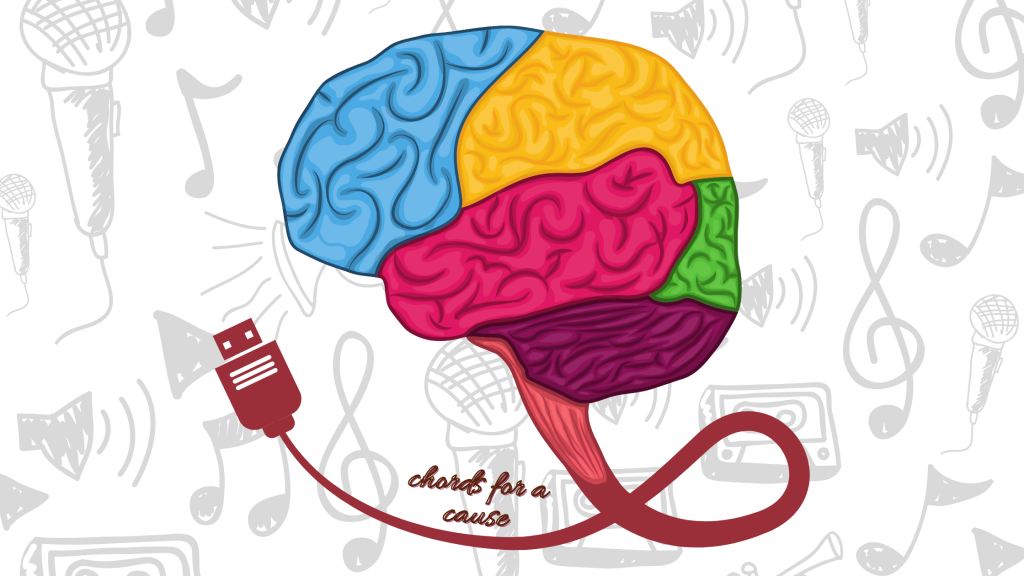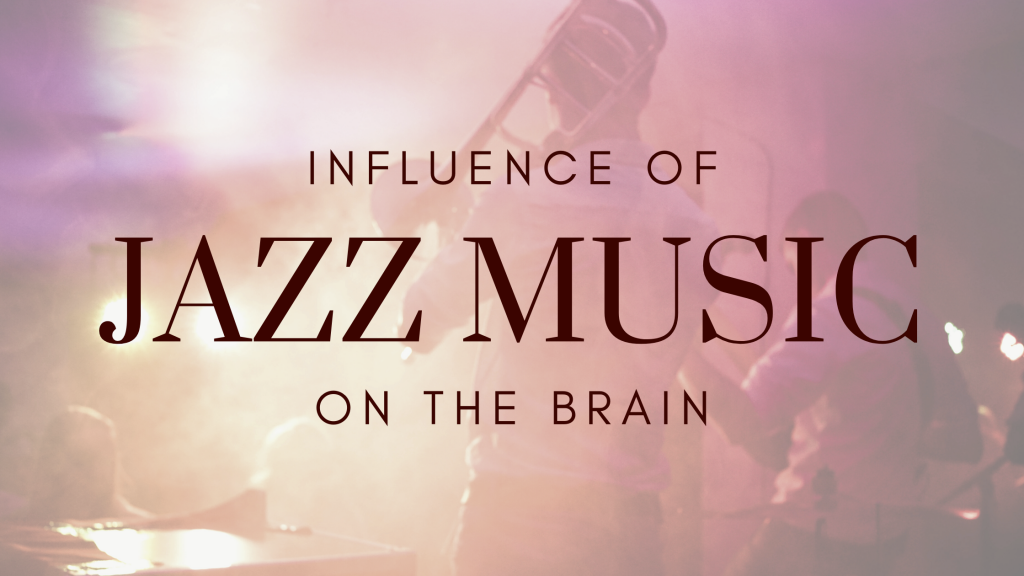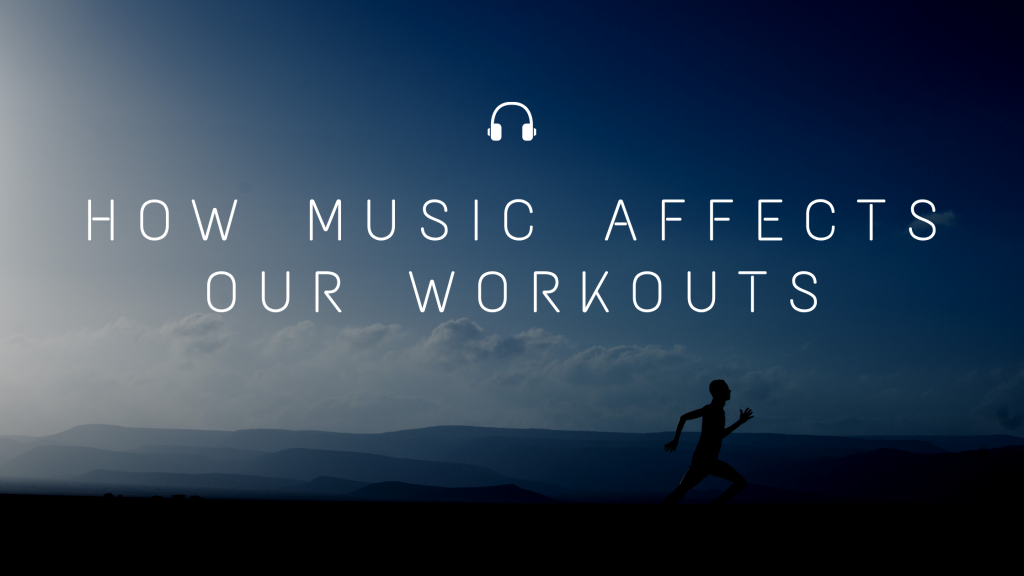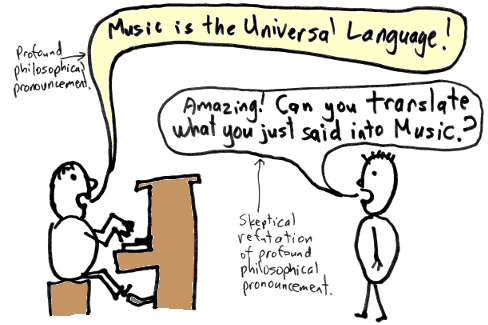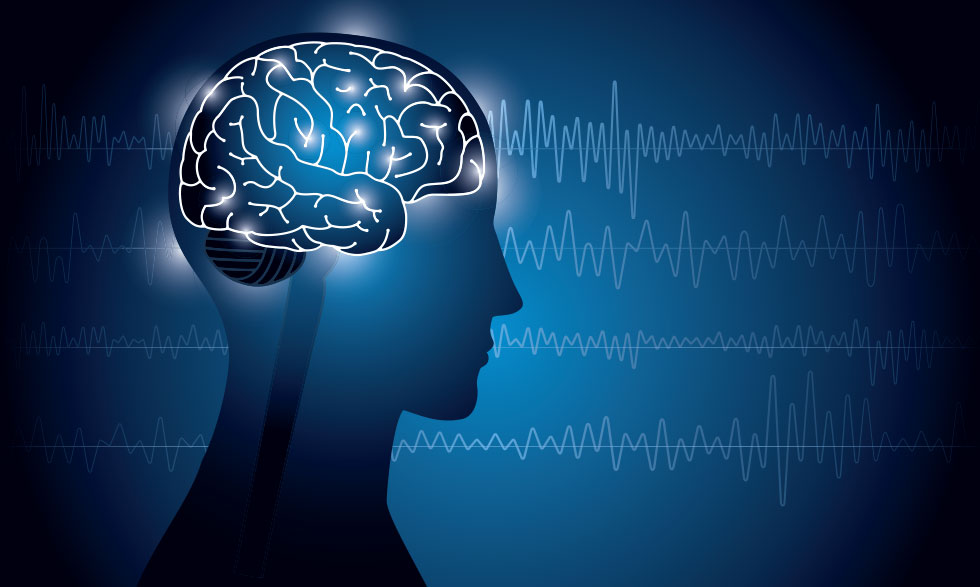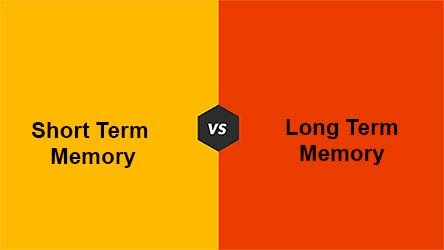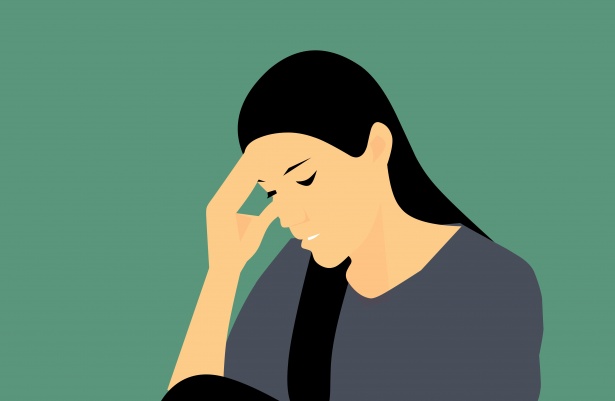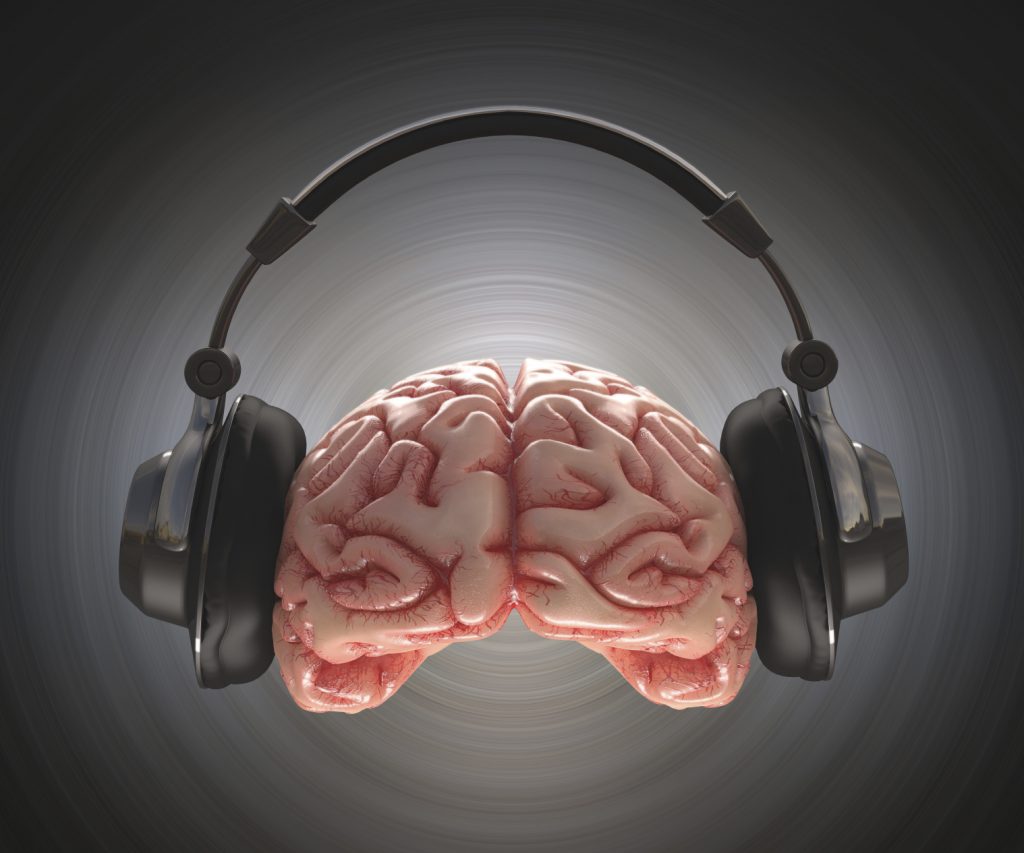Effects of Classical Music on Patients with Epilepsy
By Angela Khurana There’s no denying that music can have a significant influence on emotions and behavior. Music is quite powerful: it can cause you to forget your emotions. Music stimulates more parts of the brain than any other human function, changing the brain and the way it works (“‘The Power”). Classical music, in particular,…
Read more


